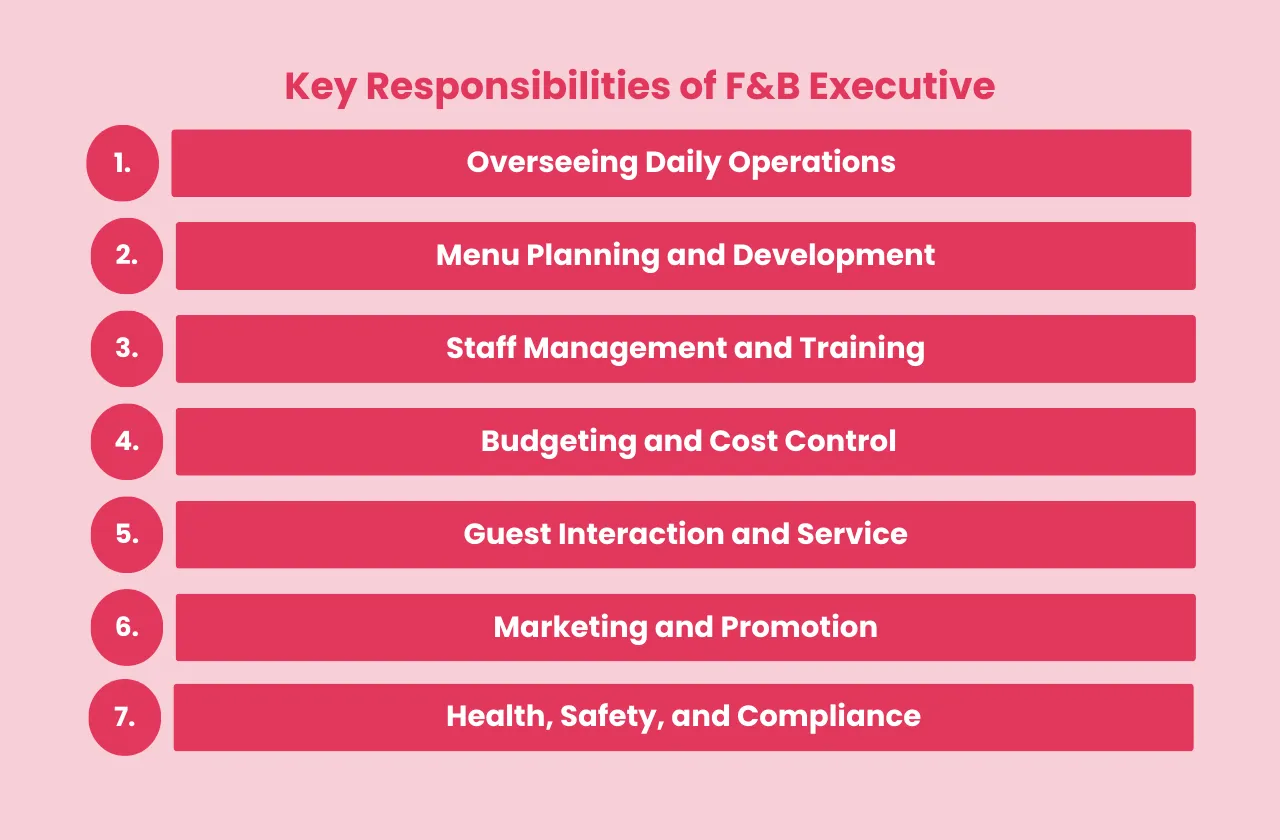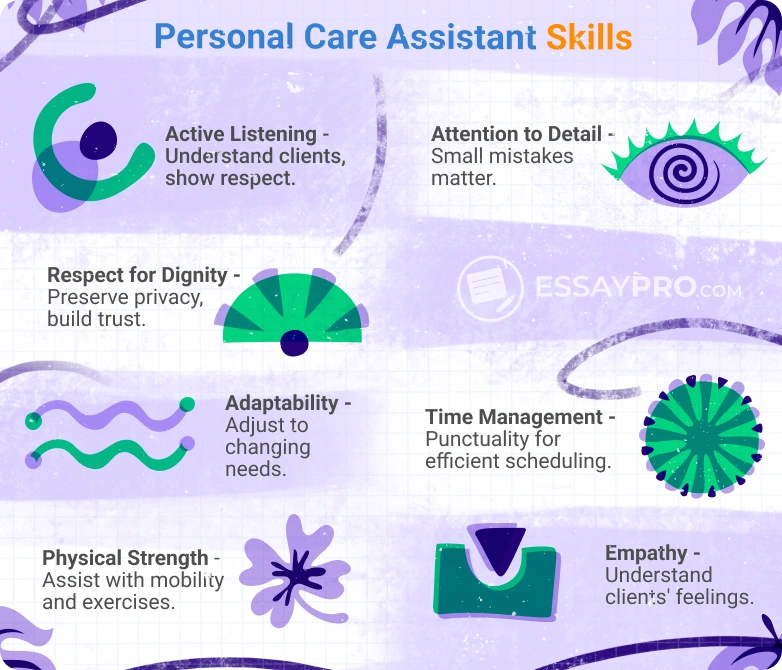
A comprehensive food and beverage executive job description serves as a blueprint for organizations seeking highly qualified professionals to lead their culinary operations. This detailed document outlines the essential duties, responsibilities, skills, and experience required for success in this pivotal role.
Food and beverage executives play a critical role in shaping the dining experience, ensuring operational efficiency, and driving profitability. They are responsible for overseeing all aspects of food and beverage services, from menu planning and recipe development to staff management and customer satisfaction. A well-crafted job description attracts top talent by providing a clear understanding of the role’s expectations and the organization’s commitment to excellence.
This article delves into the intricacies of food and beverage executive job descriptions, exploring their significance, highlighting key responsibilities, and providing insights into the skills and experience sought by employers. We will also examine industry trends and best practices in crafting effective job descriptions that attract and retain exceptional candidates.
1. Leadership
Leadership is a critical aspect of any food and beverage executive job description. Effective leaders provide a clear vision for the future of food and beverage services, and they inspire their teams to achieve operational excellence. They create a positive and motivating work environment, and they empower their employees to succeed.
There are many different ways that food and beverage executives can demonstrate leadership. Some common examples include:
- Developing and implementing strategic plans for food and beverage services
- Setting performance goals and providing feedback to employees
- Mentoring and coaching employees to help them develop their skills
- Creating a positive and motivating work environment
- Empowering employees to make decisions and take ownership of their work
By providing strong leadership, food and beverage executives can create a high-performing team that is committed to providing excellent service to customers. This can lead to increased sales, improved profitability, and a better reputation for the organization.
2. Operations
The operations facet of a food and beverage executive job description encompasses the management and oversight of all aspects of food and beverage services. This includes planning, organizing, directing, and controlling the activities necessary to provide excellent customer service and ensure the smooth functioning of the food and beverage operation.
-
Menu Planning and Development
Food and beverage executives are responsible for developing and managing the menu, ensuring that it meets the needs of customers and aligns with the overall concept of the establishment. They work with chefs and other culinary professionals to create innovative and appealing dishes that will attract and satisfy customers. -
Food and Beverage Production
Food and beverage executives oversee the production of all food and beverage items, ensuring that they are prepared to the highest standards of quality and safety. They work with kitchen staff to develop and implement efficient production processes and ensure that all food and beverage items are prepared consistently and according to specifications. -
Service Management
Food and beverage executives are responsible for managing the service staff, ensuring that they provide excellent customer service. They work with servers and other service staff to develop and implement service standards and ensure that all customers are treated with courtesy and respect. -
Cost Control
Food and beverage executives are responsible for controlling the costs of food and beverage operations. They work with suppliers to negotiate favorable prices and develop strategies to reduce waste and minimize expenses.
By effectively managing all aspects of food and beverage operations, food and beverage executives can ensure that their establishment provides a positive and memorable dining experience for customers. This can lead to increased sales, improved profitability, and a better reputation for the organization.
3. Finance
In the context of a food and beverage executive job description, finance plays a critical role in ensuring the financial health and profitability of the operation. Food and beverage executives are responsible for managing budgets, analyzing financial performance, and implementing strategies to control costs and drive profitability.
-
Budget Management
Food and beverage executives are responsible for developing and managing the budget for the food and beverage operation. This includes forecasting revenue and expenses, allocating resources, and tracking financial performance against budget. -
Financial Analysis
Food and beverage executives analyze financial data to assess the performance of the operation and identify areas for improvement. They use this information to make informed decisions about pricing, menu planning, and staffing levels. -
Cost Control
Food and beverage executives are responsible for controlling the costs of the operation. This includes negotiating with suppliers, implementing inventory management systems, and training staff on cost-saving techniques. -
Profitability Analysis
Food and beverage executives analyze profitability data to identify opportunities to increase revenue and reduce costs. They use this information to develop strategies to drive profitability and improve the financial performance of the operation.
By effectively managing the financial aspects of the operation, food and beverage executives can ensure the long-term financial success of their establishment. This can lead to increased profitability, a better reputation for the organization, and a more positive dining experience for customers.
4. Sales and Marketing
In the context of a food and beverage executive job description, sales and marketing play a critical role in driving revenue and building a strong brand reputation. Food and beverage executives are responsible for developing and implementing marketing strategies that attract new customers, increase sales, and promote the overall image of the establishment.
There are many different ways that food and beverage executives can contribute to sales and marketing. Some common examples include:
- Developing and implementing marketing campaigns to promote food and beverage offerings
- Creating and managing social media accounts to engage with customers and promote the establishment
- Partnering with other businesses to cross-promote products and services
- Hosting events and promotions to attract new customers and build relationships with existing customers
- Developing loyalty programs to reward repeat business
By effectively implementing sales and marketing strategies, food and beverage executives can increase revenue, build a strong brand reputation, and attract new customers. This can lead to long-term success for the establishment and a more positive dining experience for customers.
5. Vision
In the context of a food and beverage executive job description, vision is essential for driving innovation and staying ahead in the competitive hospitality industry. Food and beverage executives with a clear vision are able to anticipate trends, develop new concepts, and implement strategies that will keep their establishment at the forefront of the industry.
-
Trend Analysis
Food and beverage executives with a clear vision are able to identify and analyze emerging trends in the food and beverage industry. This allows them to develop new menu items, concepts, and marketing strategies that will appeal to customers and keep the establishment ahead of the competition. -
Concept Development
Food and beverage executives with a clear vision are able to develop and implement new concepts that will attract customers and generate revenue. This may involve creating new menu items, designing new dining spaces, or developing new marketing campaigns. -
Strategic Planning
Food and beverage executives with a clear vision are able to develop and implement strategic plans that will guide the future of the establishment. This may involve setting goals, developing marketing strategies, and identifying new opportunities for growth. -
Innovation
Food and beverage executives with a clear vision are able to drive innovation in all aspects of the operation. This may involve developing new products, implementing new technologies, or finding new ways to improve the customer experience.
By possessing a clear vision and driving innovation, food and beverage executives can create a successful and sustainable food and beverage operation that will attract customers and generate revenue for years to come.
FAQs on Food and Beverage Executive Job Description
This section addresses frequently asked questions on food and beverage executive job descriptions to provide a comprehensive understanding of the role and its requirements.
Question 1: What are the essential responsibilities of a food and beverage executive?
Food and beverage executives are responsible for overseeing all aspects of food and beverage services within an organization. Their duties encompass menu planning, staff management, financial management, marketing, and strategic planning to ensure customer satisfaction and profitability.
Question 2: What qualifications are typically sought for a food and beverage executive position?
Typically, food and beverage executives possess a bachelor’s or master’s degree in hospitality management, culinary arts, or a related field. Additionally, they have extensive experience in the food and beverage industry, demonstrating expertise in operations, finance, and leadership.
Question 3: What are the key skills required to excel as a food and beverage executive?
Successful food and beverage executives possess exceptional leadership, communication, and interpersonal skills. They are also proficient in financial management, menu planning, and staff training and development.
Question 4: What is the career path for a food and beverage executive?
Individuals with experience and expertise in food and beverage management can advance to leadership roles, such as Food and Beverage Director, General Manager, or Corporate Executive Chef.
Question 5: What is the salary range for food and beverage executives?
The salary range for food and beverage executives varies based on experience, location, and the size of the organization. According to industry benchmarks, the average salary can range from $60,000 to $120,000 per year.
Question 6: What are the job outlook and growth prospects for food and beverage executives?
The job outlook for food and beverage executives is positive due to the ever-growing hospitality industry. As the demand for skilled professionals continues to rise, those with the right qualifications and experience can expect ample opportunities for career advancement.
By addressing these FAQs, we aim to provide valuable insights into the role of a food and beverage executive and the essential aspects that contribute to success in this dynamic field.
Transitioning to the next article section…
Food and Beverage Executive Job Description Tips
Crafting an effective food and beverage executive job description is crucial for attracting top talent and ensuring the success of your organization’s food and beverage operations. Here are several tips to consider:
Tip 1: Clearly Define Responsibilities and Expectations
Outline the specific duties and responsibilities of the food and beverage executive, including overseeing operations, managing staff, and developing marketing strategies. Clear expectations set the foundation for success.Tip 2: Set Qualifications and Experience Requirements
Specify the minimum qualifications and experience necessary for the role, such as a bachelor’s degree in hospitality management and previous leadership experience in the food and beverage industry. Relevant certifications can also be beneficial.Tip 3: Emphasize Leadership and Management Skills
Highlight the importance of strong leadership and management skills, including the ability to motivate and inspire teams, resolve conflicts, and create a positive work environment.Tip 4: Include Financial Management Responsibilities
State that the executive will be responsible for managing budgets, controlling costs, and analyzing financial performance to ensure profitability. Financial acumen is essential for the success of any food and beverage operation.Tip 5: Outline Marketing and Sales Objectives
Describe the role’s involvement in developing and implementing marketing and sales strategies to increase revenue and build brand awareness. A focus on revenue generation is crucial.Tip 6: Use Industry-Specific Terminology
Use terminology that is familiar to professionals in the food and beverage industry, demonstrating your understanding of the field and attracting qualified candidates.Tip 7: Highlight Growth and Advancement Opportunities
Mention any opportunities for professional development, promotions, or career advancement within the organization. This can attract ambitious and driven individuals.Tip 8: Tailor to Your Organization’s Needs
Customize the job description to reflect the specific needs and culture of your organization, ensuring that it accurately represents the role and the expectations for the ideal candidate.By following these tips, you can create a compelling and informative food and beverage executive job description that will attract the best talent and contribute to the success of your organization.
In conclusion, a well-crafted food and beverage executive job description serves as a roadmap for hiring exceptional leaders who possess the skills, experience, and vision to drive your culinary operations to new heights.



